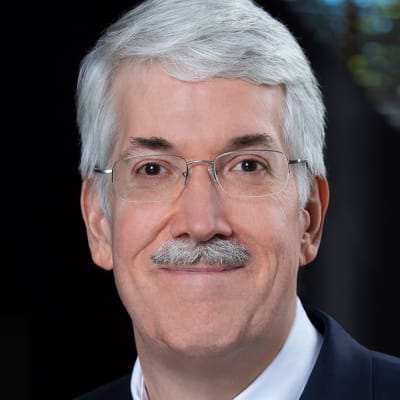Prize Recipient

John M. Doyle
Harvard University
Citation:"For pioneering work in molecular physics, cooling, and spectroscopy that has profoundly advanced the search for the electric dipole moment of the electron, and for placing stringent constraints on modifications to the Standard Model in a tabletop experiment."
Background:John M. Doyle, Henry B. Silsbee Professor of Physics, Harvard University, M.I.T B.S.E.E. (1986), M.I.T. physics Ph.D. (1991). Started as Asst. Prof. Harvard 1993. Research broadly encompasses methods for the cooling and trapping of ultracold atoms, molecules, and neutrons and their use for particle physics, collision physics, and quantum information. Specific efforts include ultracold molecular tweezer arrays for quantum information processing and precision measurements, spectroscopy of molecules, dark matter detection, search for the EDM of the electron, SARS-CoV-2 risk mitigation, a wide range of cold and ultracold molecular collision studies, trapping of exotic atoms, BEC of He*, and laser cooling of polyatomic molecules, including loading into optical traps and tweezer arrays. His group developed buffer-gas cooling techniques, including the CBGB method for producing radical molecules in an intense beam, now used for laser cooling of molecules and in searches for physics beyond the Standard Model (BSM). He launched with collaborators, and co-leads, the ACME experiment, improving the search for the electron electric dipole, and recently probing for new physics in the 10 TeV range. He co-founded, and for 20 years co-directed, the Harvard/MIT Center for Ultracold Atoms. He co-founded and co-directs the Harvard Quantum Initiative and Quantum Ph.D. program. Supervised the PhDs of over thirty students. Humboldt, Fulbright, and APS Fellow and currently vice-president of the APS.
